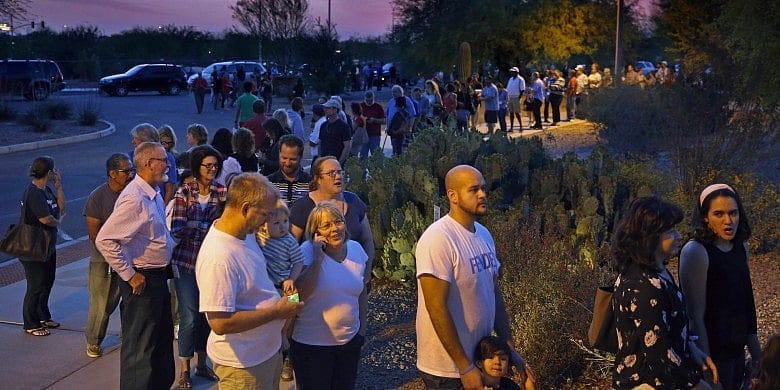Poll shows Americans losing faith in presidential primaries

More Americans are paying attention to the presidential primaries but their enthusiasm has fallen, while fewer than a third say the process is working as it should, according to surveys released Friday by Gallup.
Among Republicans and independents leaning to the GOP, the proportion who say the process is working right fell to 30 percent this week from 46 percent in January, Gallup reported. Among Democrats and independents leaning their way, Gallup said there had been no change in views on the topic over the same period. But just 32 percent of Democrats said the process was working properly.

